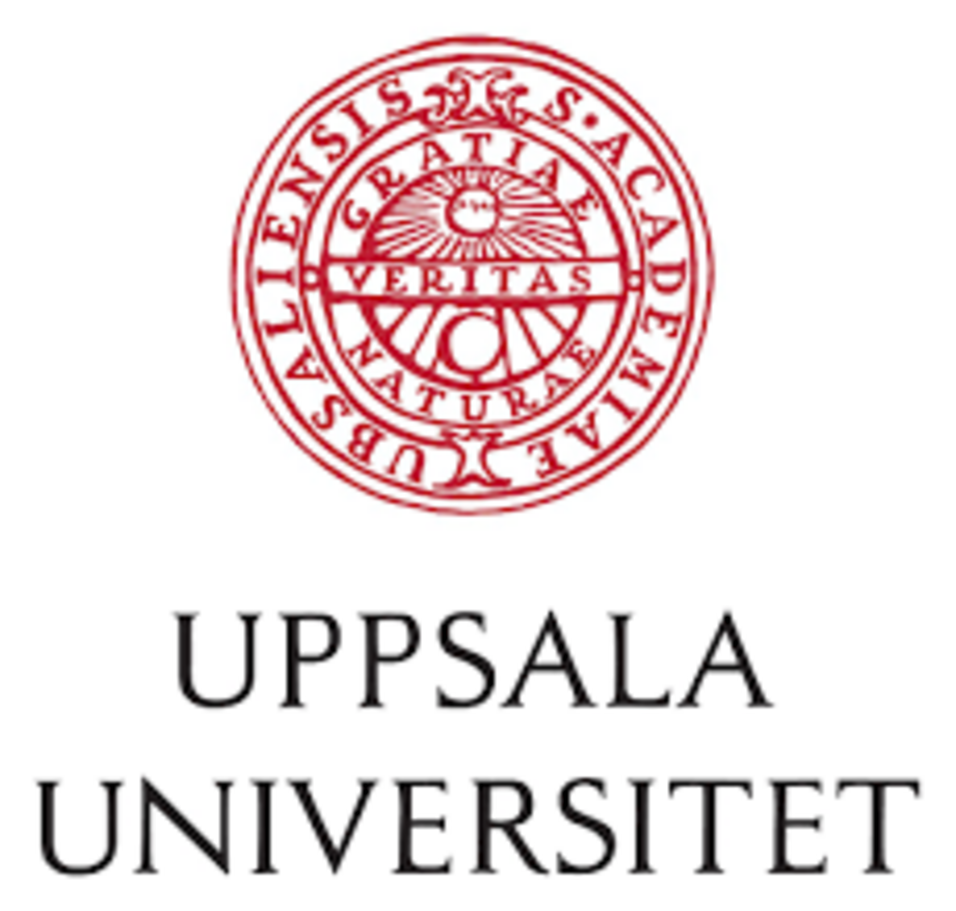Global figures: tools for observing and governing agricultural markets The present session is part of a longer reflection on the organization of the international agricultural markets between the 19th and the 20th century. It intends to mark a step forward, relying on the debates of the two last editions of the Rural History Conference. We started looking at transnational networks of agrarianism (Leuven, 2017), then we examined the role of experts in the making of global markets (Paris, 2019). In 2021, we focus on the production of data as tools of knowledge and governance of the international agricultural markets in the period 1880-1950. This period has been characterized in different terms, insisting on the emergence of an agro-industrial knowledge society stretching across the North-Atlantic or stressing the creation of regulated national and – to a lesser extent – international markets. Our panel will thus contribute to the debate on the periodization of this crucial turn in the history of the agricultural and rural worlds. While we do not deny continuities, the interwar transition and the establishment of a new “food order” in the Cold War era seems to us to represent a significant break in practices of transnational governance. Our panel session intends to examine the evolution in the regimes of knowledge production in agricultural markets. By focusing on tools, we will thus question the co-production of the analytical and the regulatory frameworks. These evolutions will be investigated by looking at the following aspects: the changing place of economic and statistical science in the decision-making process; the way norms and standards on data translated scientific knowledge into political decisions; the connections between scientific, governmental and professional actors in terms of their collaborations, agendas, and funding schemes. Existing research has emphasized the growing role of the state and expert-driven policies since the First World War. The present panel will pay specific attention to the interplay of public and private interests from a longer perspective. While the role of states and governments has figured prominently in the history of quantification, recent literature insisted on the role of both international organizations and transnational interest groups in creating the knowledge infrastructure of transnational markets. We invite authors to consider the diversity of actors involved in such processes of knowledge and data production. Their role in inventing, shaping and negotiating tools for the observation and the regulation of the agricultural markets will allow us to analyze crucial changes connected to the “transnational process of nationalization of agriculture”. In particular, we propose to focus on economic knowledge of market mechanisms, looking at both the stocks and flows of inputs, outputs, labor, resources and capital essential to agricultural development. How did statistical knowledge of agricultural markets enable their organization and the creation of regulatory mechanisms?

